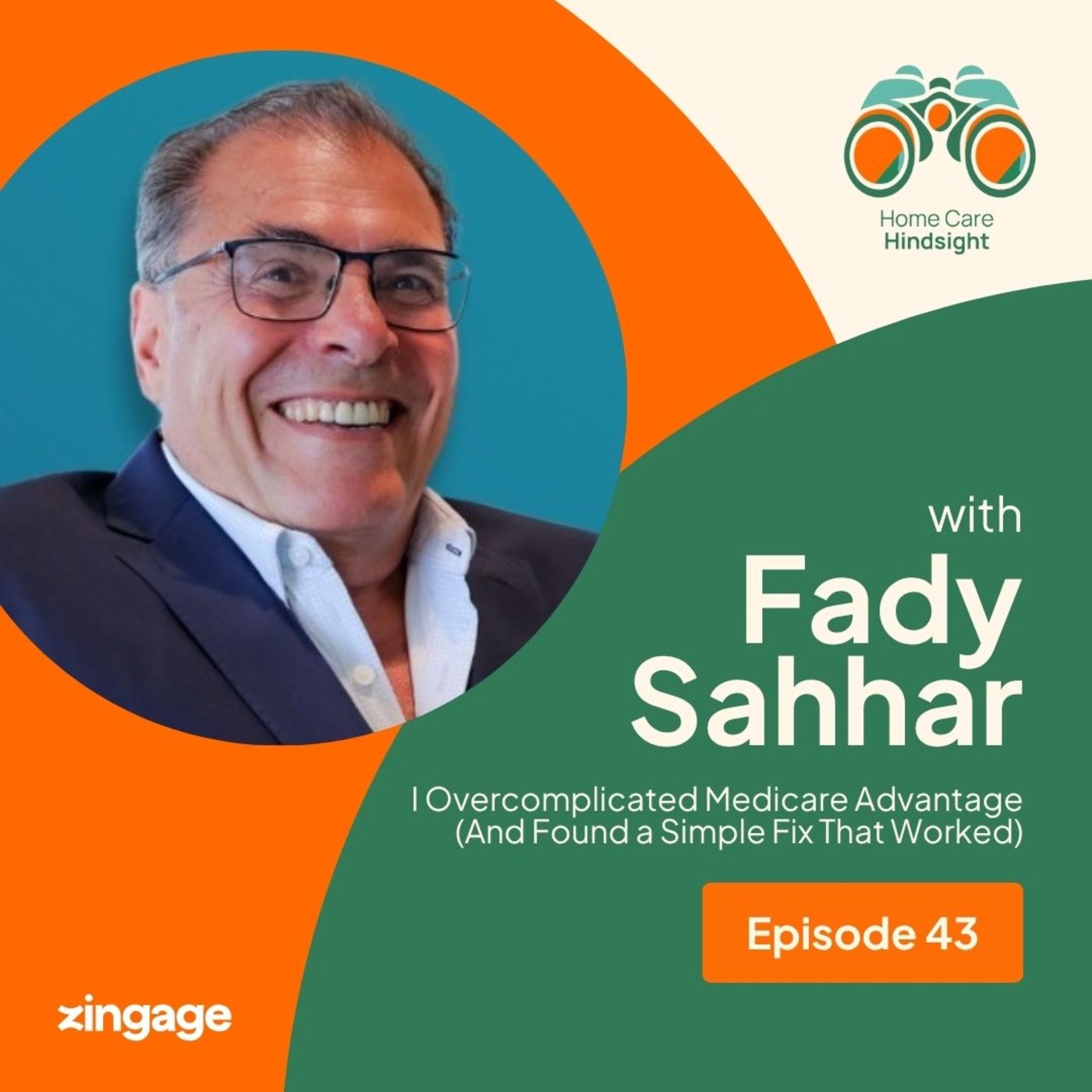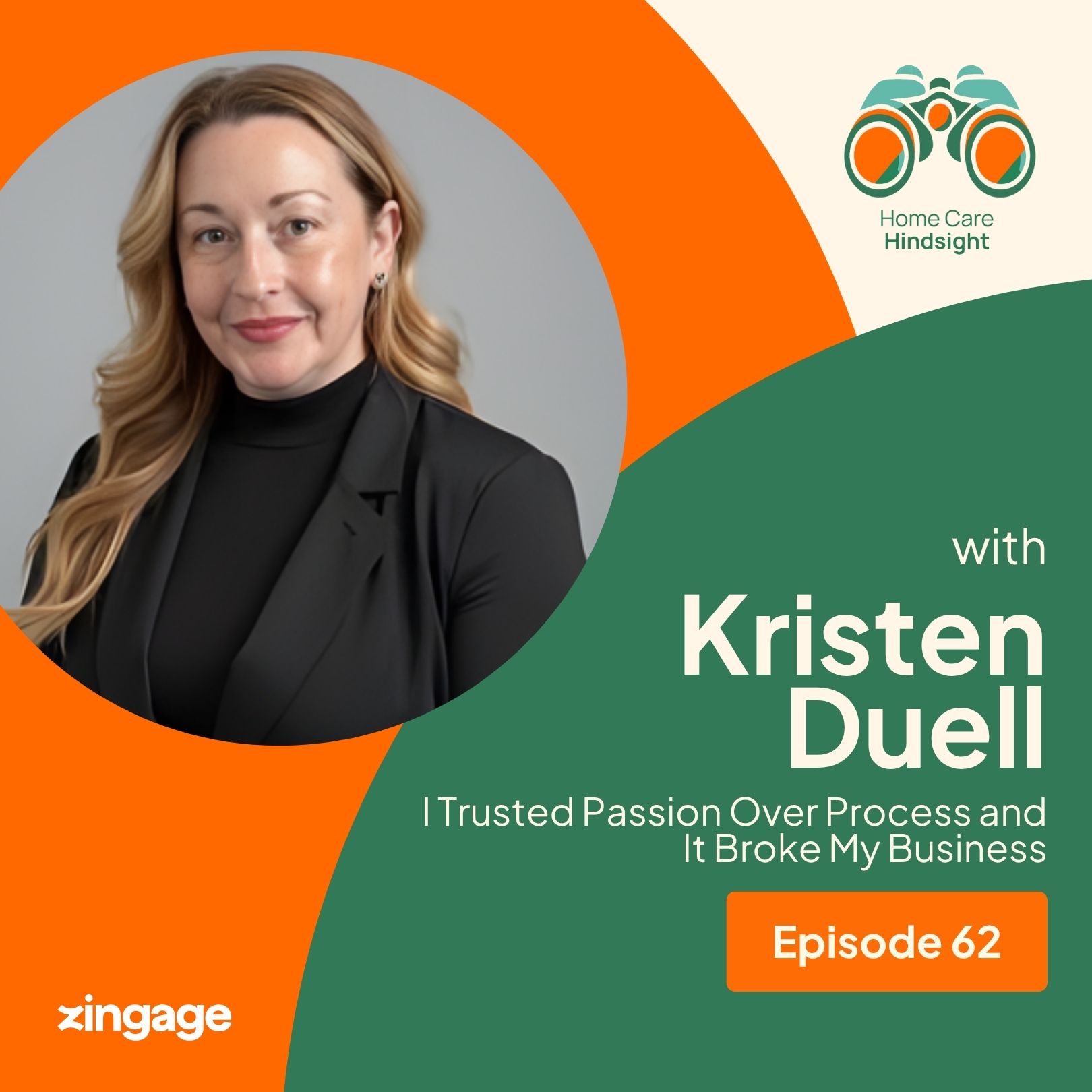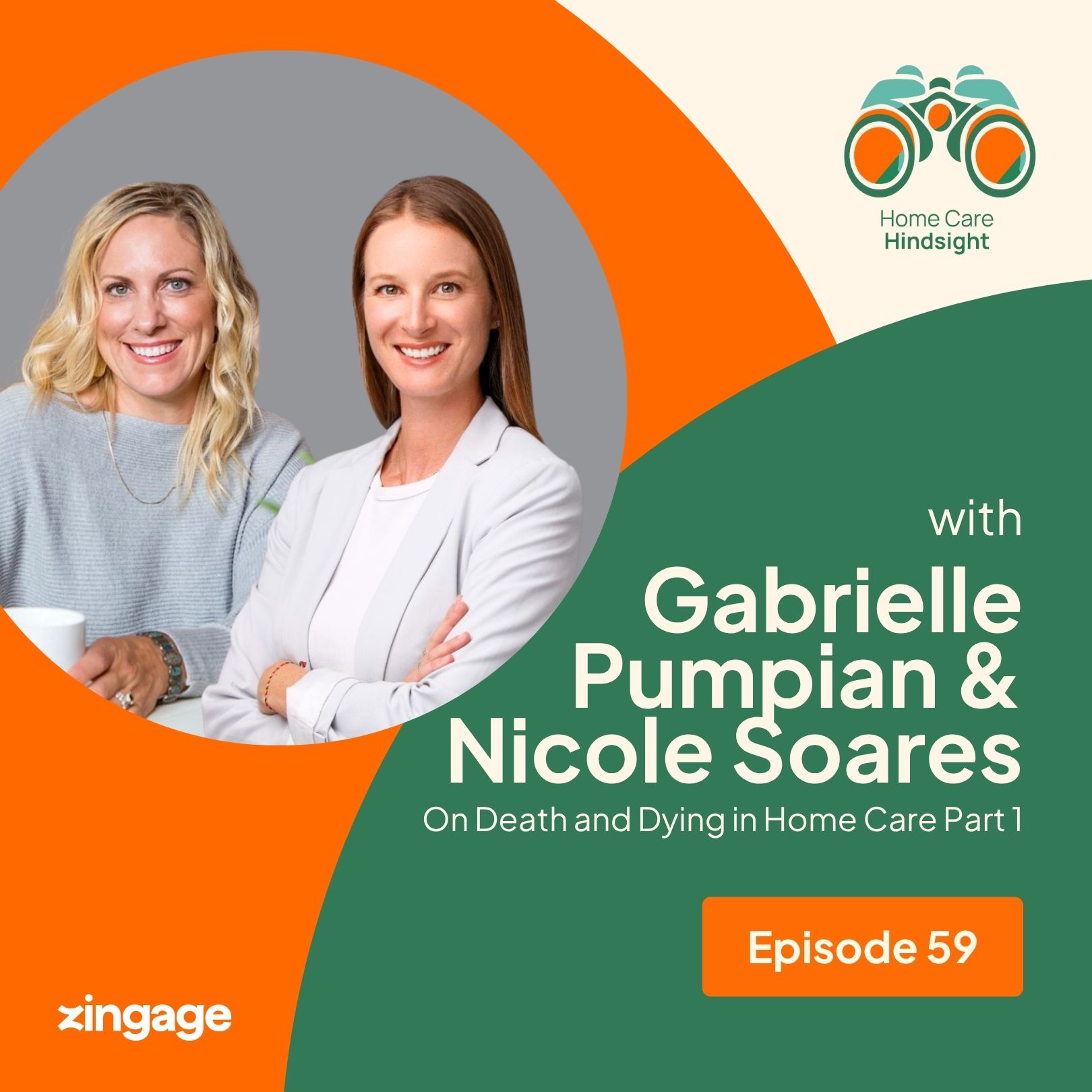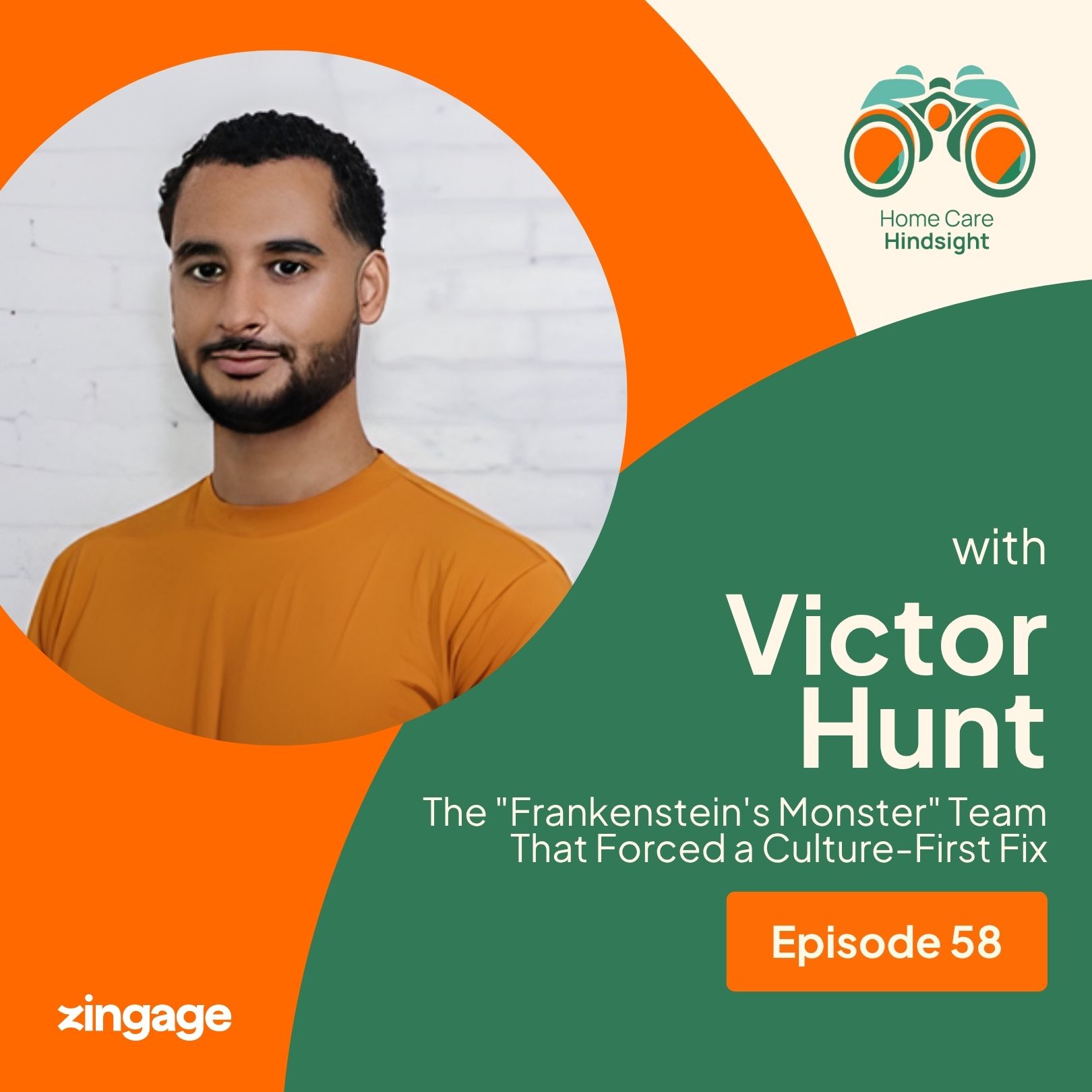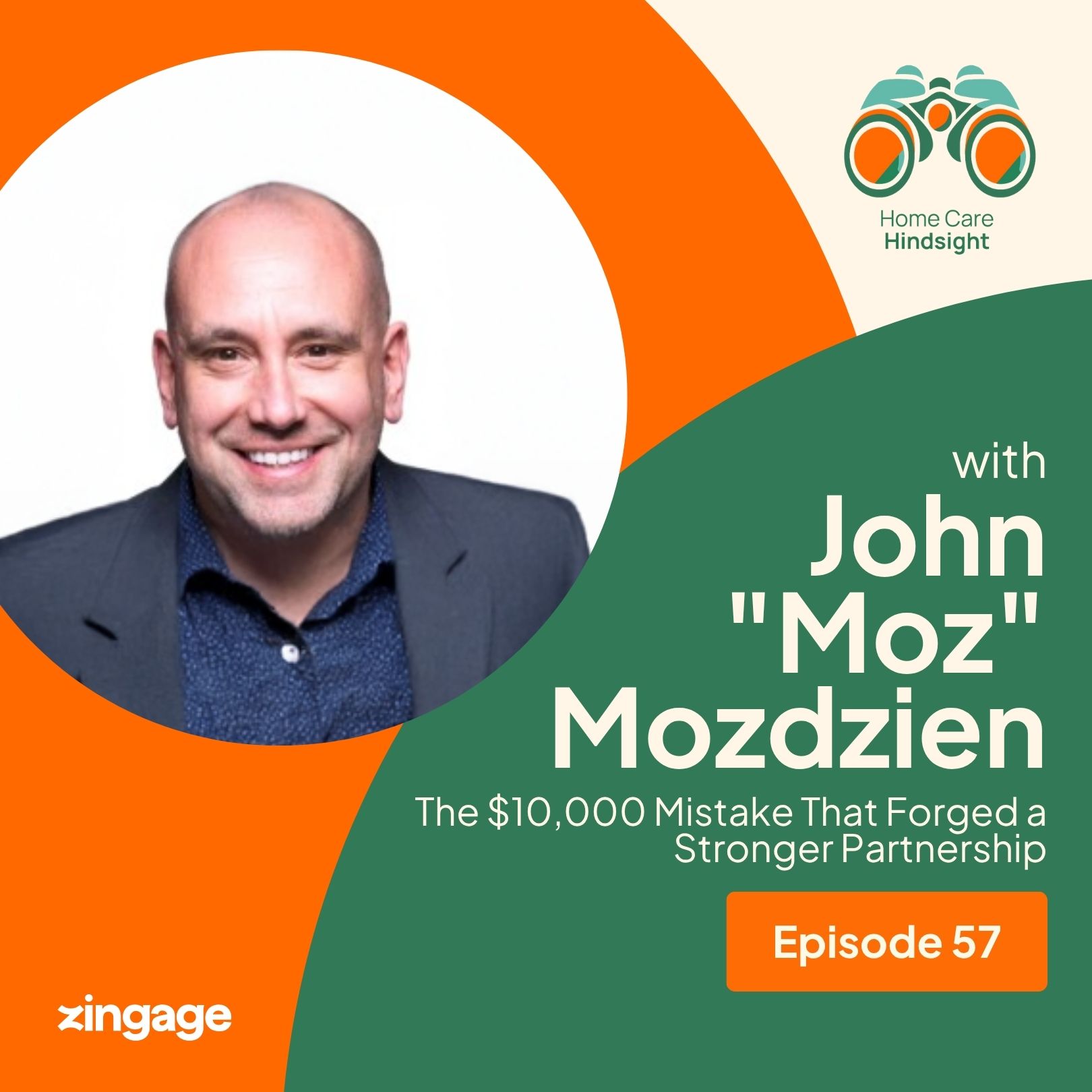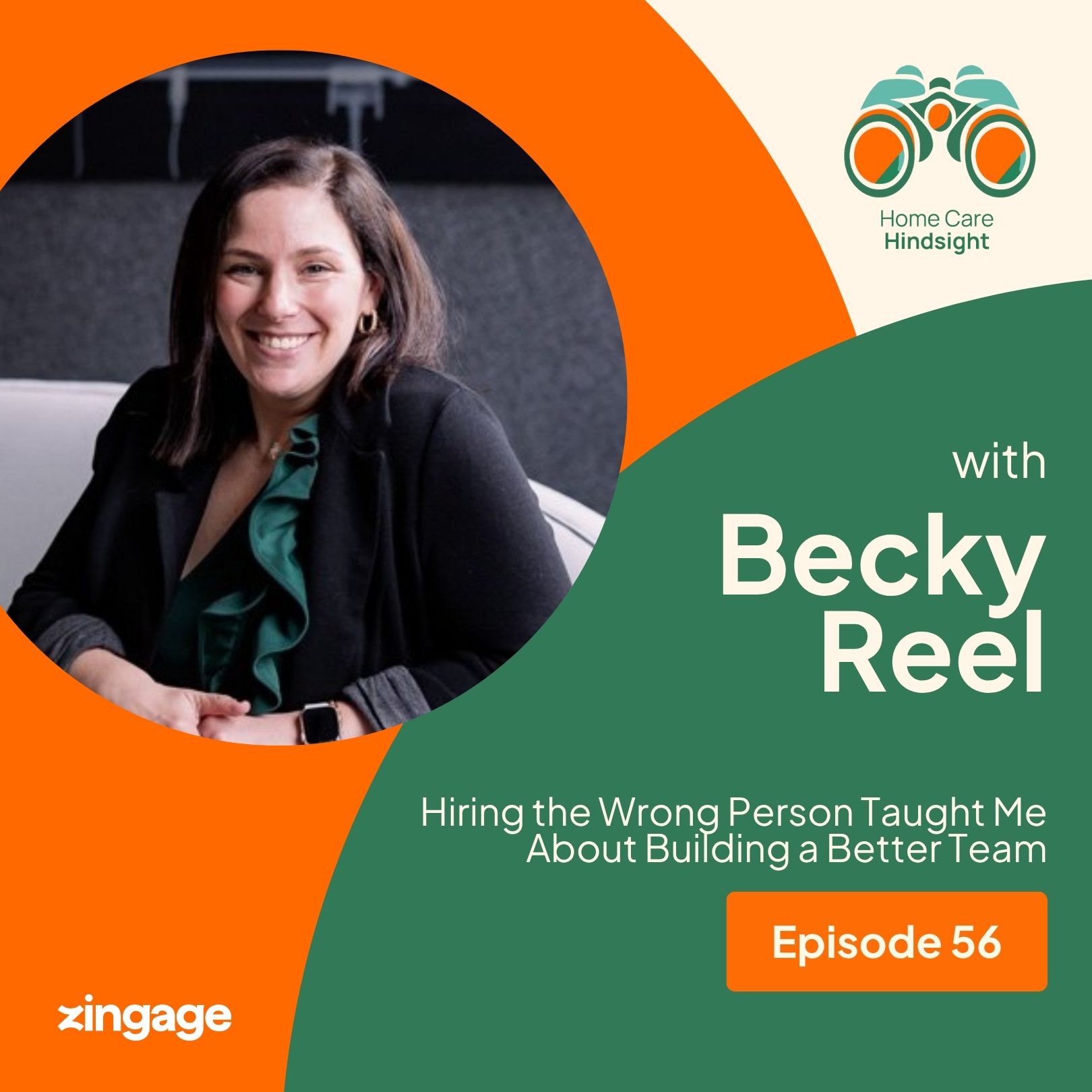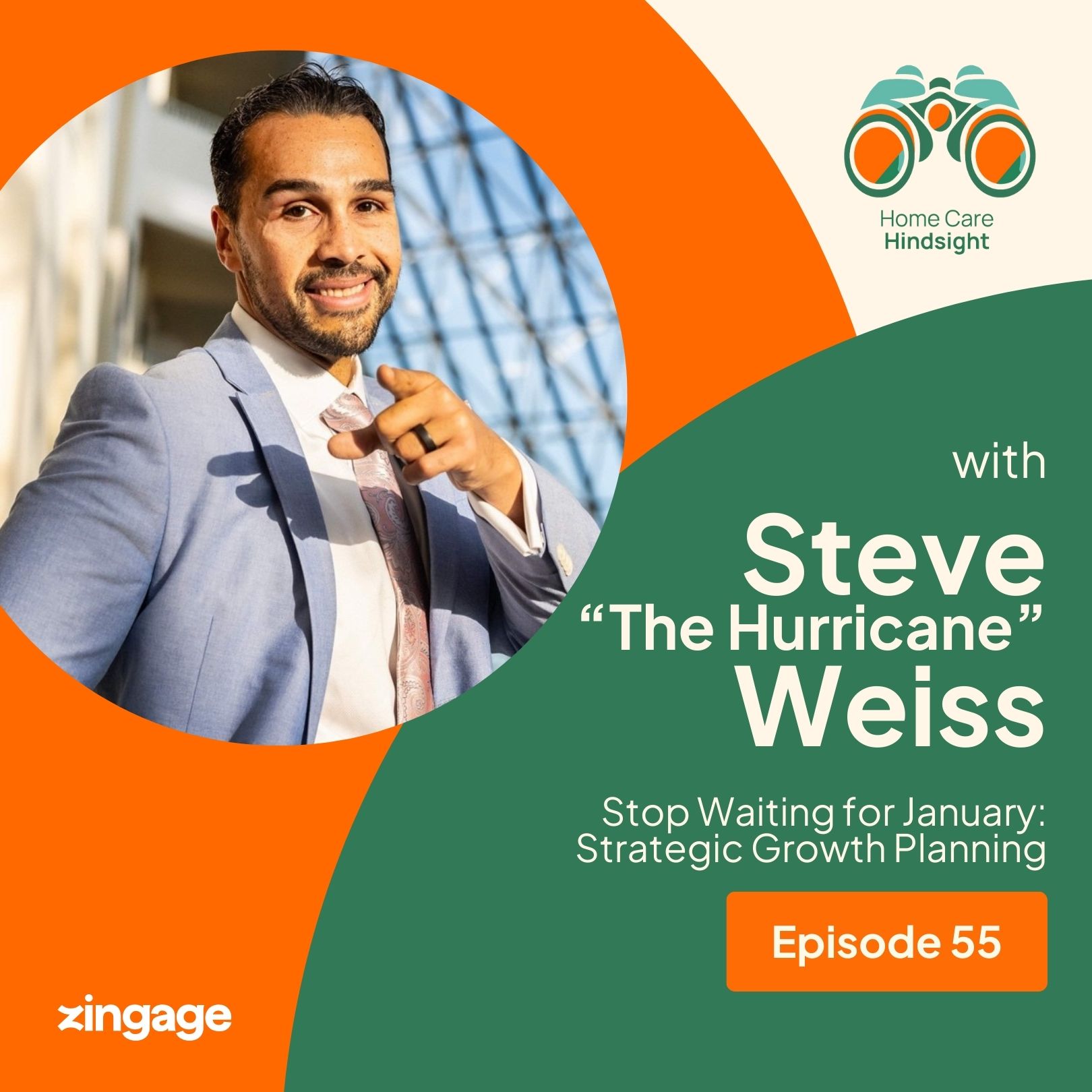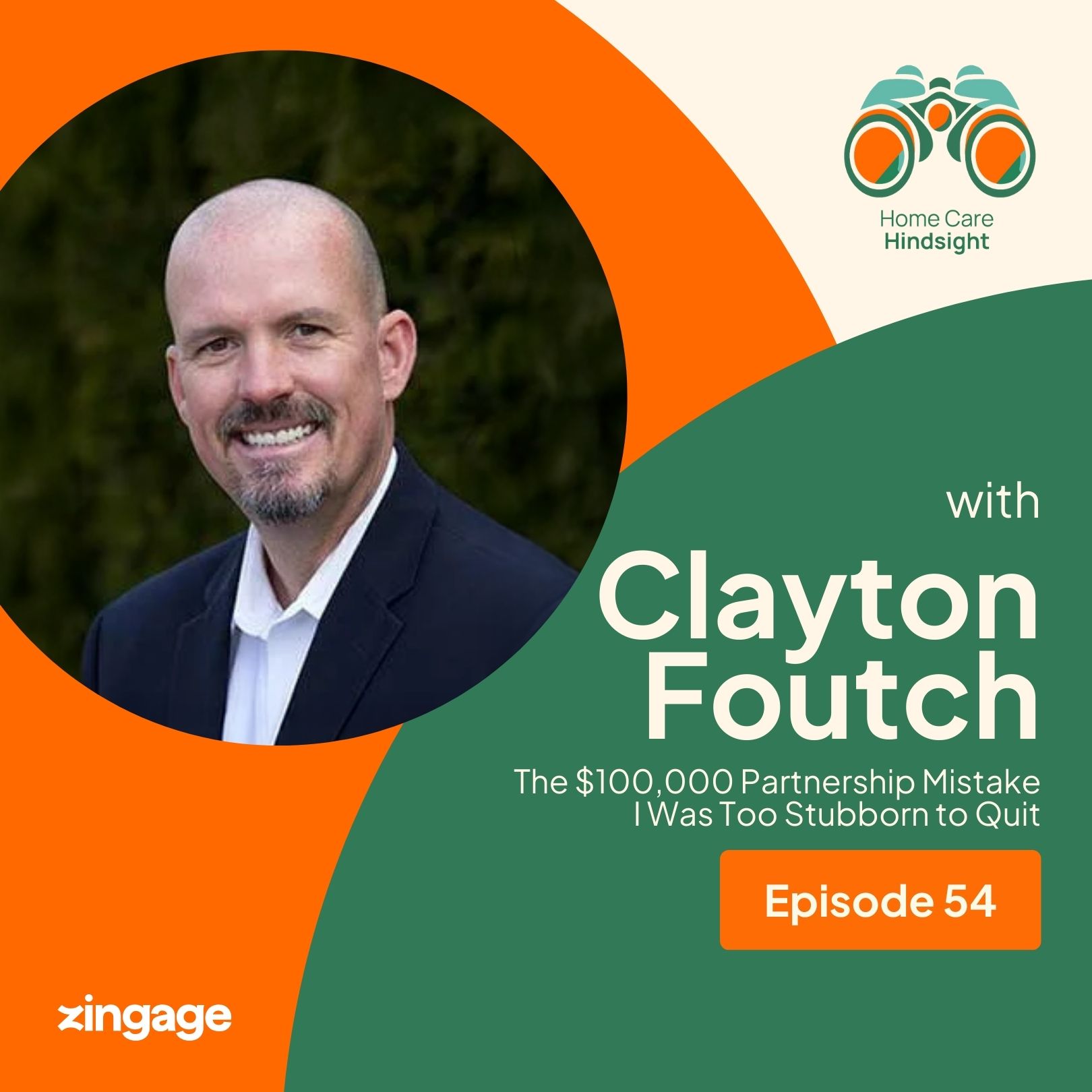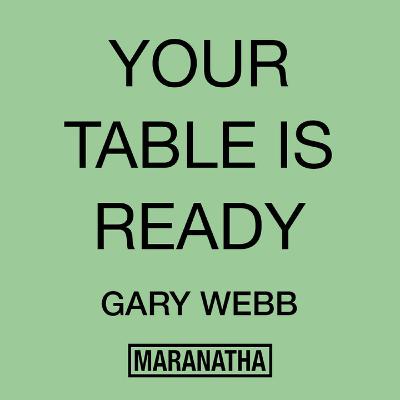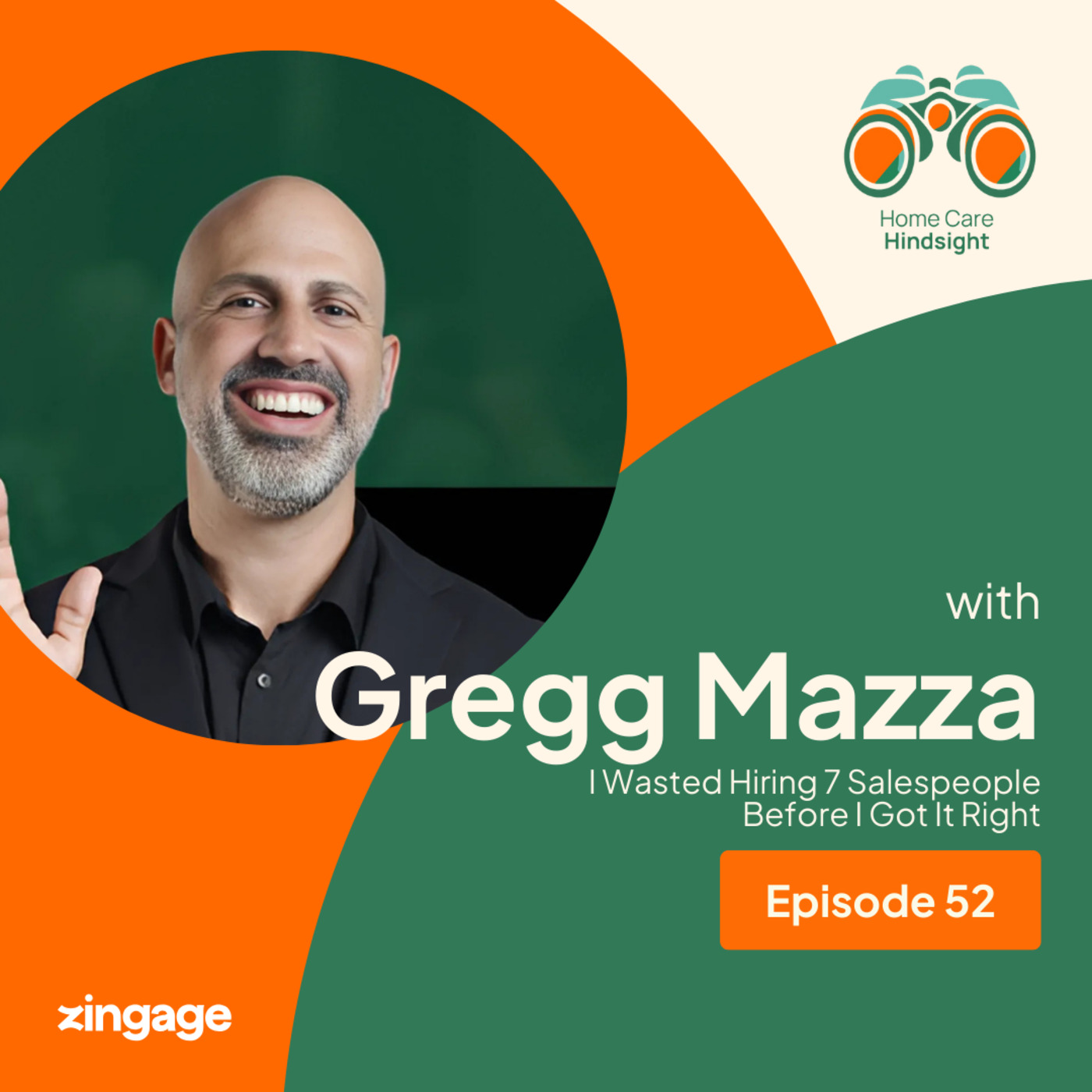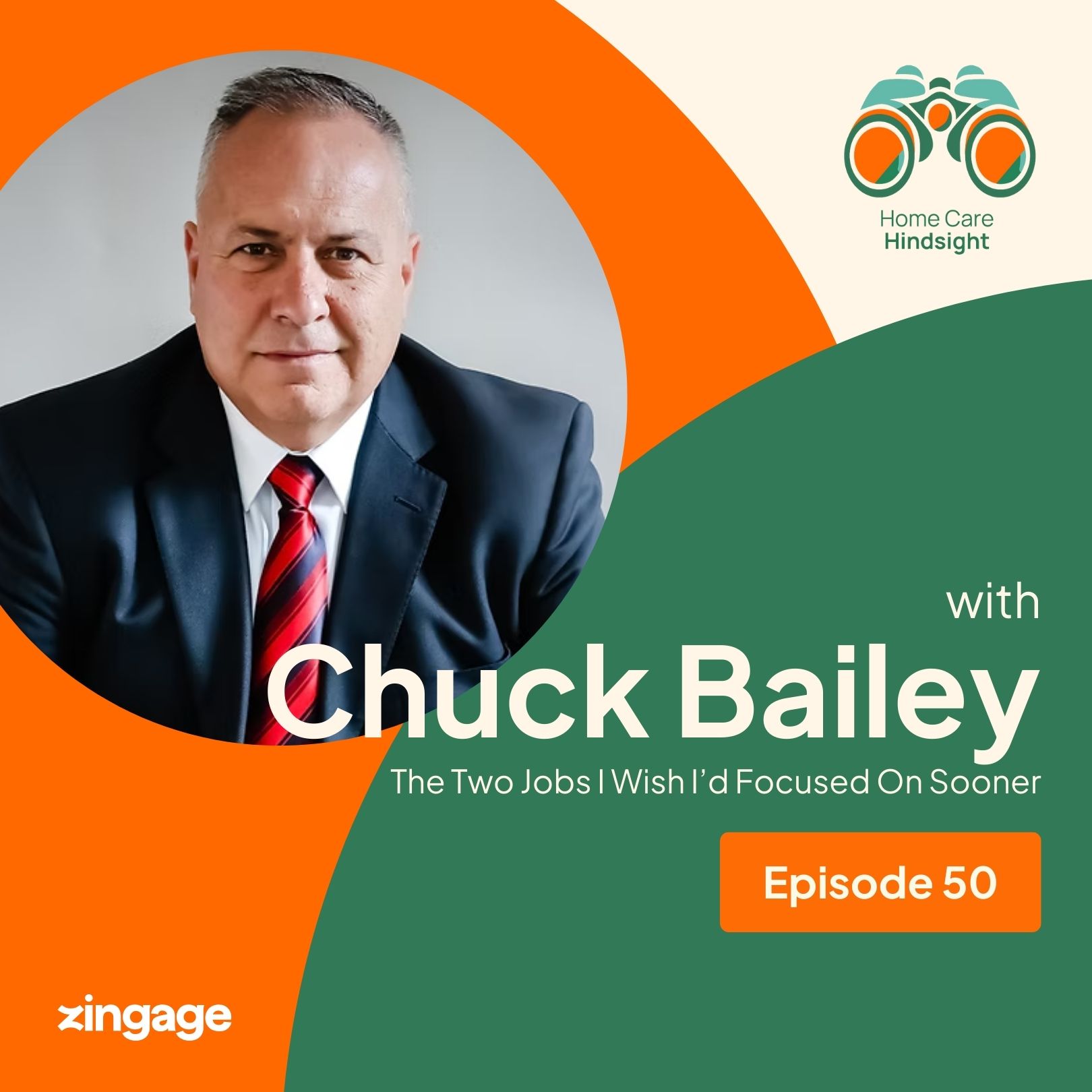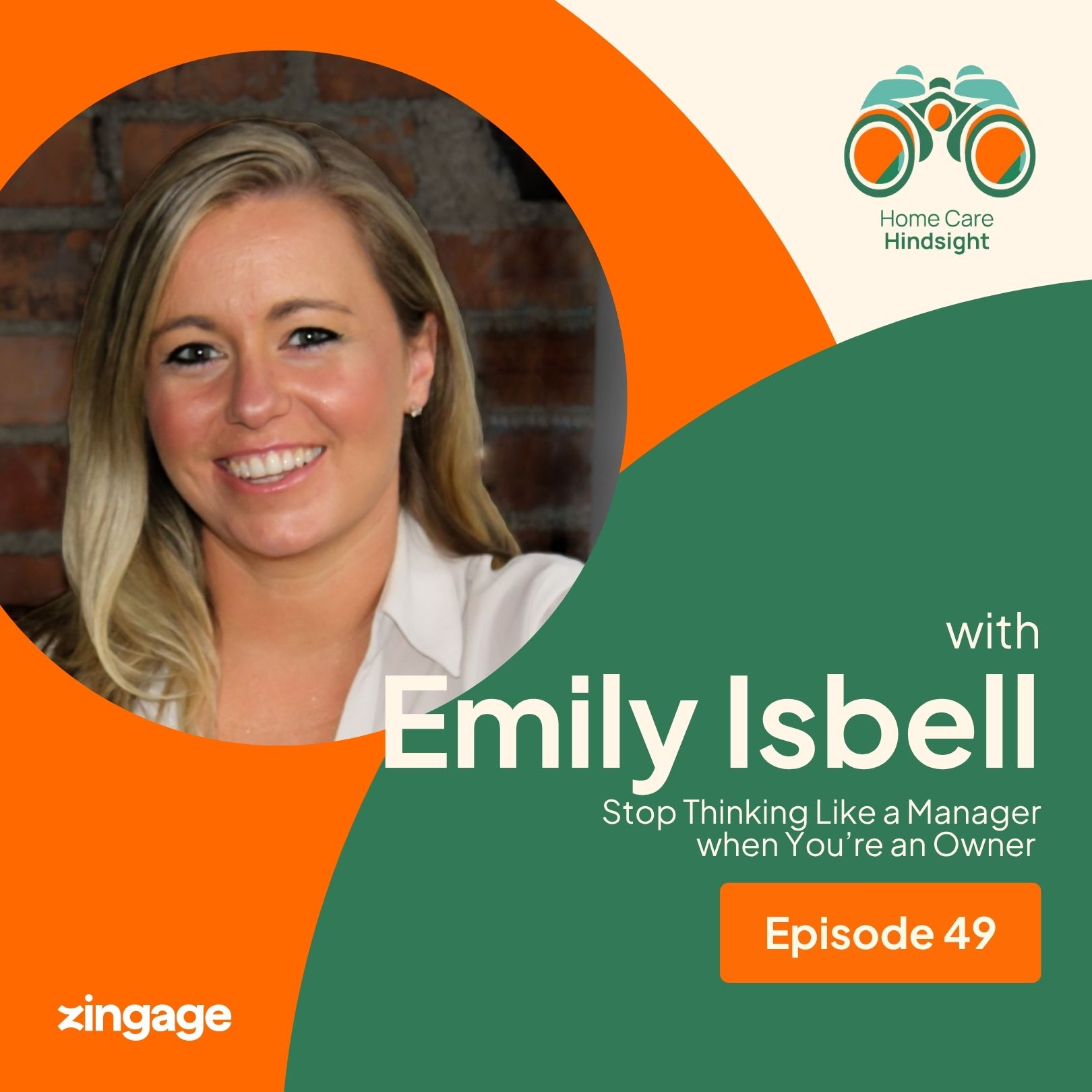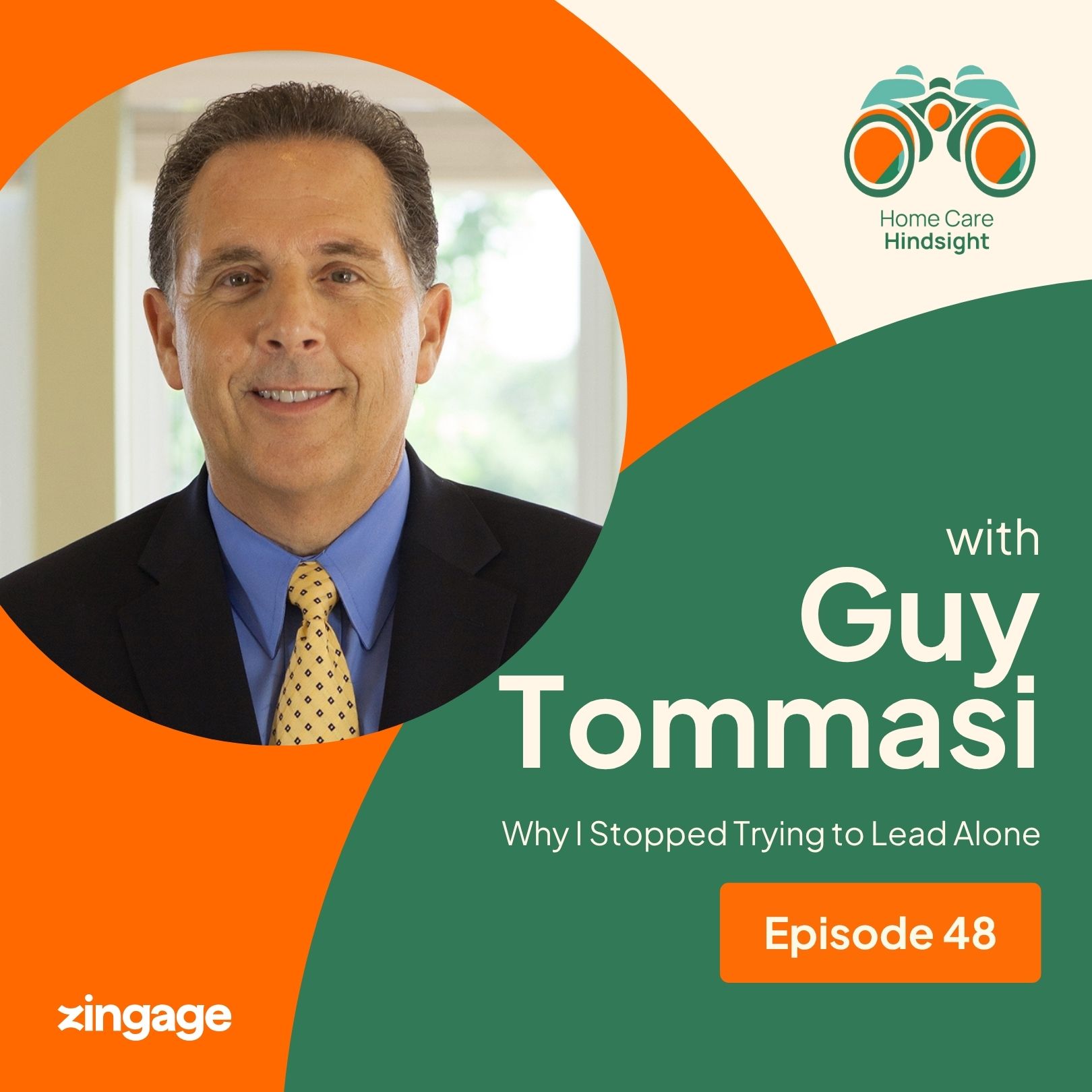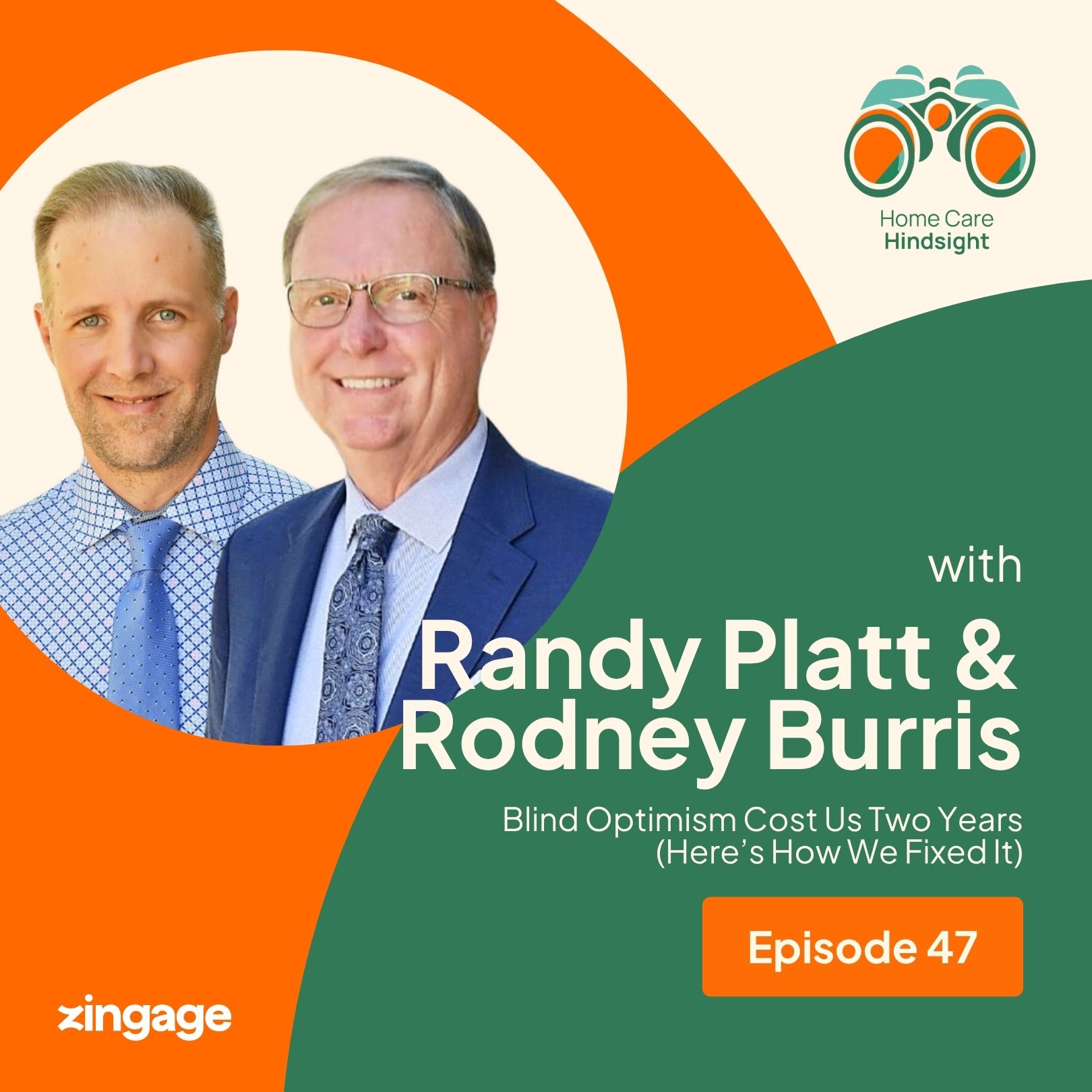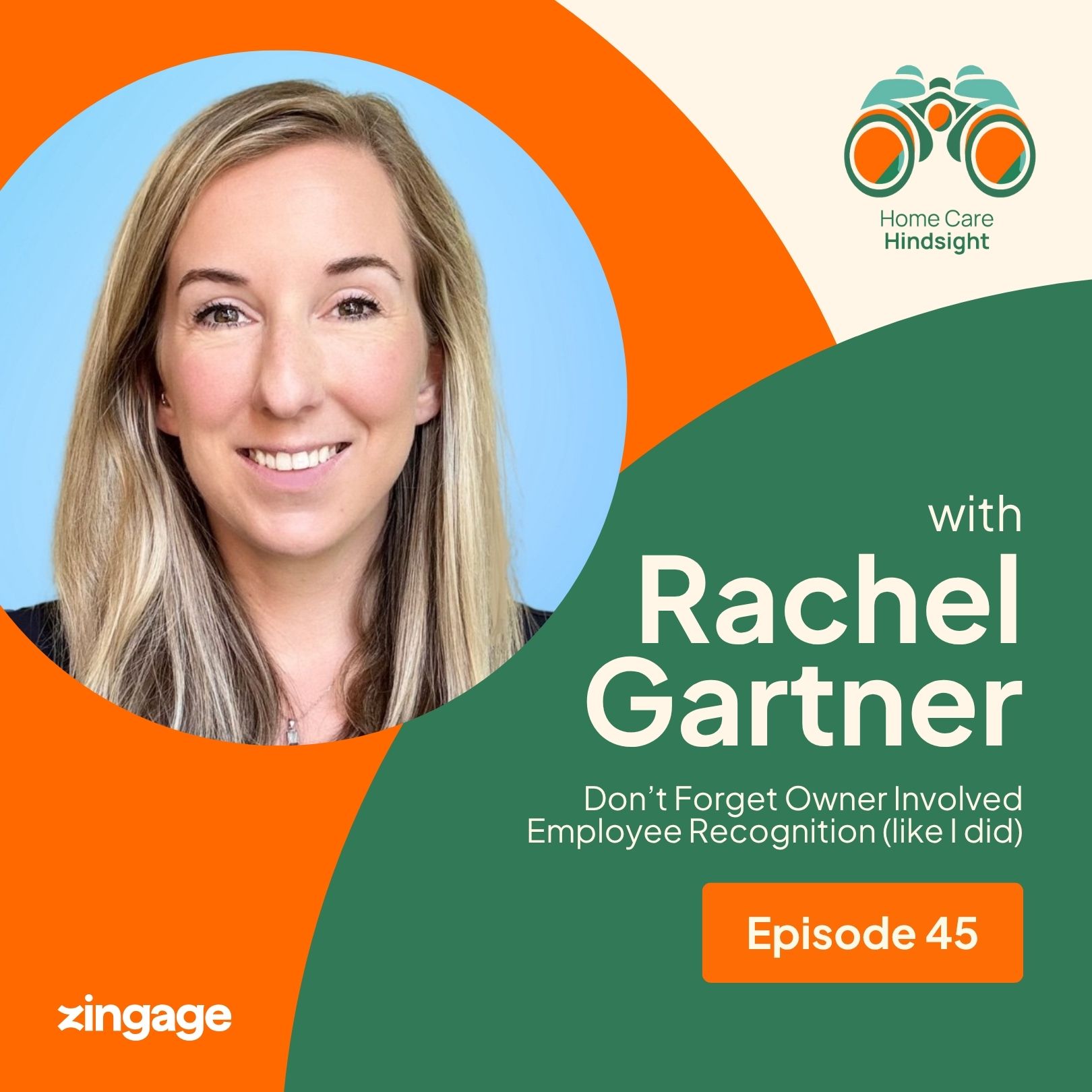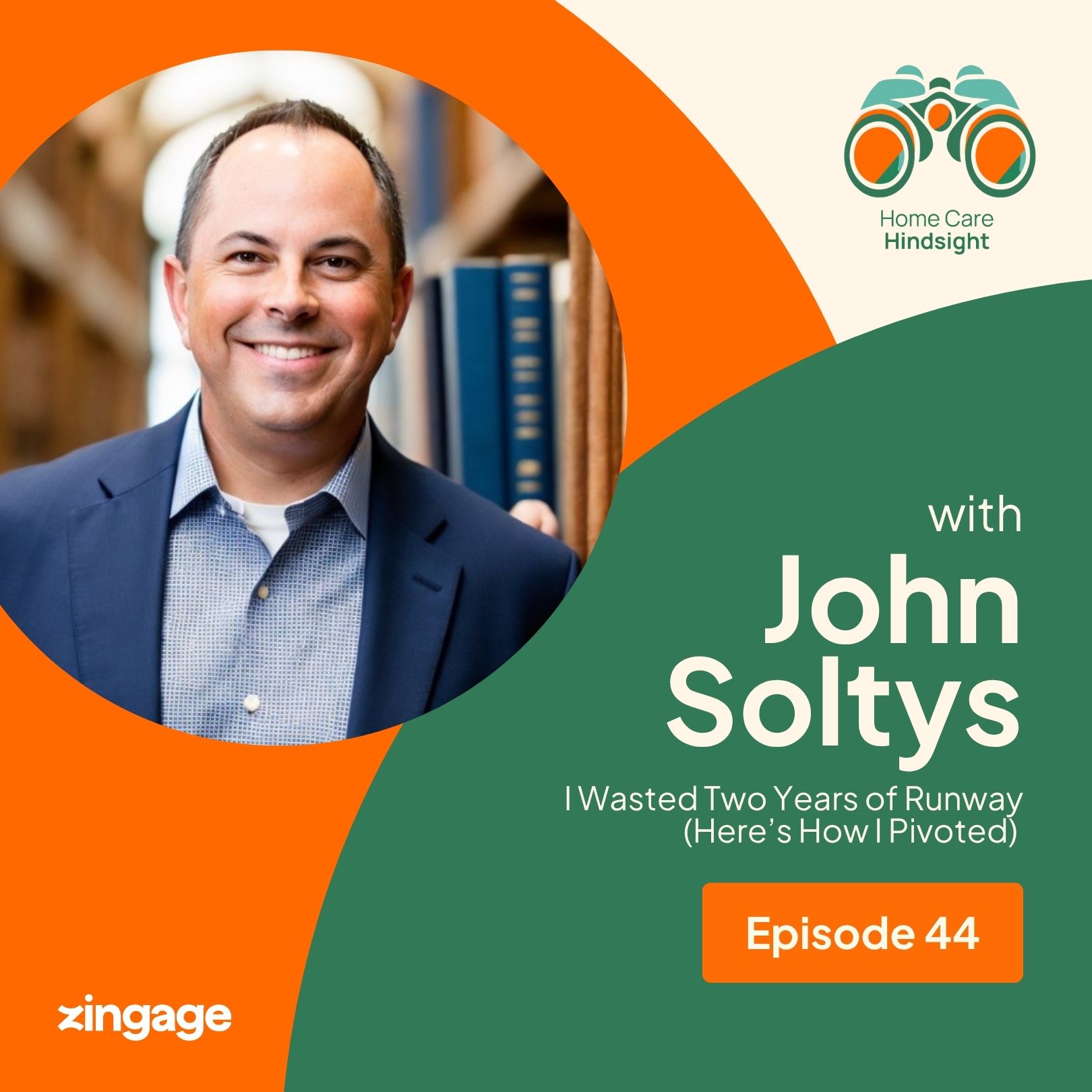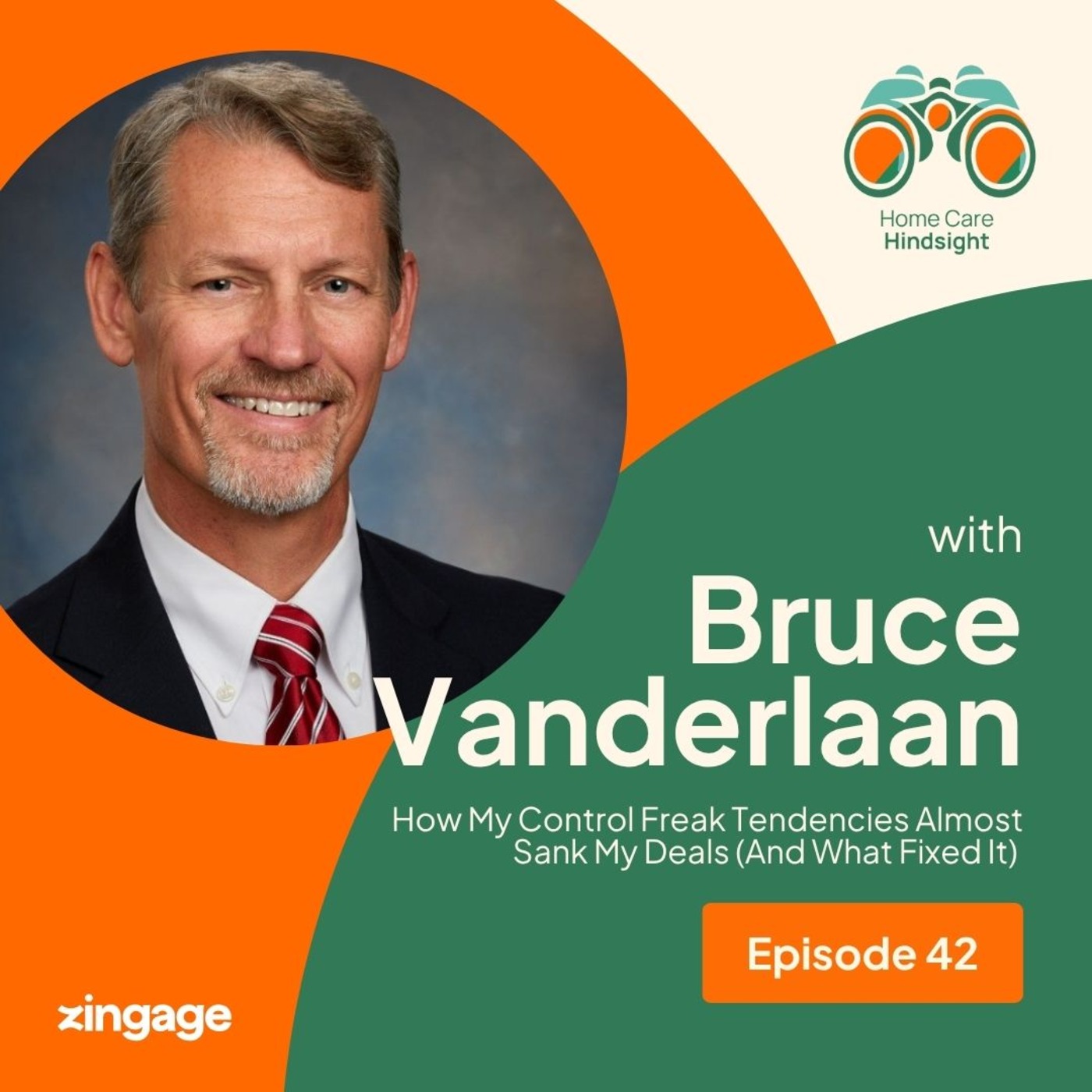I Overcomplicated Medicare Advantage (And Found a Simple Fix That Worked) — Fady Sahhar
Description
Fady Sahhar, a disability advocate and home care strategist with decades of experience, unveils how Medicare Advantage is reshaping home care—and why agencies must rethink caregiver training to thrive.
In this eye-opening conversation with host David Knack, Fady shares:
- Why 750+ Medicare Advantage plans now cover home care (and how to tap into this growing market).
- The "lifetime value" mindset shift that turns clients into long-term partners.
- How peer coaching solves EVV resistance and caregiver retention challenges.
- Fady also reveals common cultural blindspots when expanding into new markets, the underrated power of back-office customer service, and why "nothing about us without us" should guide every disability interaction.
In This Episode, You'll Discover:
- Medicare Advantage 101: Reimbursement rates, local plan strategies, and why home care beats home health for post-discharge recovery.
- The "Wheelchair Lesson": How to interact with clients with disabilities (hint: sit down first).
- Rural vs. Urban Care: Why training must adapt to community rhythms—not just policies.
- Peer Coaching Magic: How top caregivers can train teams better than supervisors.
- Data = Negotiation Power: What payers really want from home care agencies in value-based contracts.
Lesson Takeaways:
- Medicare Advantage is a gateway. Reimbursement sits between Medicaid and private pay—but the real value is in lead generation and proving outcomes.
- Train caregivers as local experts. Your processes stay consistent, but training must reflect community needs.
- Peer coaches over policy manuals. Let star caregivers demonstrate EVV or crisis response—it's 10x more effective.
- Track client health like a CRM. Preventing UTIs or hospitalizations is your leverage with payers.
- "Nothing about us without us." Involve clients with disabilities in designing their care.
Timestamps:
00:00 – Welcome to Home Care Hindsight
01:50 – Fady's intro: Wheelchair user, quadri-lingual, and advocate
03:10 – How to interact with clients with disabilities (the "pull up a chair" rule)
05:25 – Medicare Advantage's home care boom: 750+ plans and counting
08:30 – Why home care beats home health for post-discharge recovery
12:15 – Fady's biggest mistake: Treating all clients as homogeneous
16:40 – Rural vs. urban care: Why training must adapt to local culture
20:50 – Peer coaching: How star caregivers can train teams (EVV success story)
25:30 – Underrated #1: Back-office customer service as a differentiator
29:45 – Underrated #2: Proving outcomes to payers (data = $$$)
33:20 – Little mistake: Ignoring client lifetime value (and how to fix it)
36:00 – Fady's proudest win: Agencies embracing value-based care
38:10 – Final thoughts: Plugging The VBP Blog and Dual Eligible HQ
Quotes:
-
"If you're standing next to someone in a wheelchair, pull up a chair. Talk to them—not their companion." — Fady Sahhar
-
"Medicare Advantage plans don't need a nurse to help someone get dressed. They need a caregiver at half the cost." — Fady Sahhar
-
"Peer coaches make EVV adoption feel like help—not surveillance." — Fady Sahhar
-
"Your caregivers are your eyes and ears. Train them to spot UTIs before ER visits happen." — Fady Sahhar
Resources:
-
Connect with Fady Sahhar on LinkedIn: https://www.linkedin.com/in/fadysahhar/
-
ProVantaCare Website: https://provantacare.com/
-
The Value-Based Payment Blog: www.theVBPblog.com
-
Dual Eligible HQ: www.DualEligibleHQ.com
-
Connect with David Knack on LinkedIn: https://www.linkedin.com/in/david-knack/
-
Connect with Zingage on LinkedIn: https://www.linkedin.com/company/zingage/
-
Powered by Zingage: https://zingage.com/
-
Watch Episode on Zingage's YouTube: https://www.youtube.com/@Zingage

